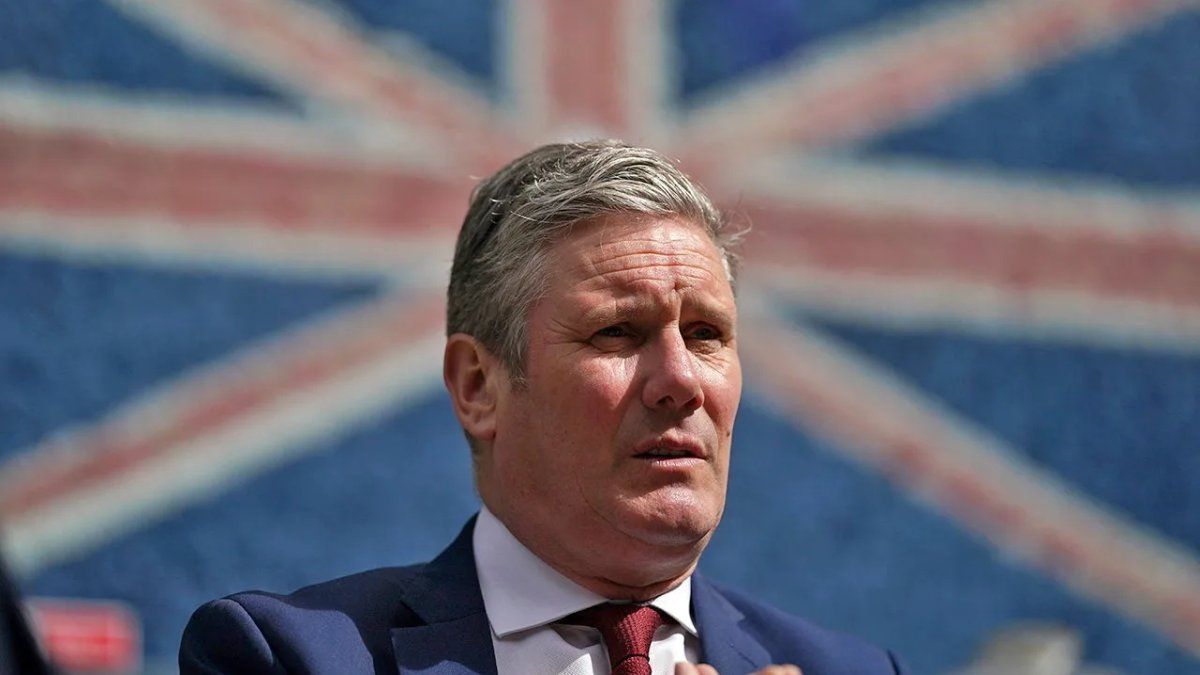The oatmeal manufacturer Kölln has declared its CO2 neutrality. No big deal with oats, one might think, but the Elmshorners had to go to the distant Amazon basin to achieve a balanced climate balance.
Peter Kölln boss Christian von Boetticher (51) can look back on an impressive career: from 1999 to 2004 he was a member of the European Parliament, from 2005 to 2009 Minister for Agriculture, Environment and Rural Areas in Schleswig-Holstein, from July 2009 also Minister for Social Affairs, Health, Family and Seniors and Deputy Prime Minister, from 2009 to 2011 chairman of the CDU parliamentary group and from 2010 to 2011 also party chairman of the CDU Schleswig-Holstein. Since 2015 he has been managing director of the food manufacturer Peter Kölln, where, among other things, he drives the sustainability of the medium-sized company.
Mr. von Boetticher, Kölln could plaster its packs with sustainability stickers. Instead, you exercise restraint in the small print. Why?
We are a family company and, as in all family-run companies, we think across generations. In a certain sense, sustainability is in our DNA. It goes without saying that we didn’t think it worth mentioning for a long time. For us, sustainability has always included good working conditions.
So something like social sustainability?
Yes, you could say. For example, the shareholders have founded an association to support employees who have got into financial difficulties through no fault of their own. Flexible working hours have long been part of everyday work for us, as has the compatibility of family and work. What is celebrated as an innovation in many companies today has been a learned practice for us for decades. The last compulsory dismissal in the Köllnwerke was in 1927 during the global economic crisis.
And the ecological component?
The initiative for more sustainability came from the ranks of the workforce over ten years ago. We have had certified palm oil from sustainable cultivation for over ten years; this has also been the case for chocolate cultivation since 2013 and for the company’s energy supply from renewable energies since 2014.
And what does the management do?
I’ve been with the company since 2015, my job is to shape the many projects and efforts relating to social responsibility and sustainability into an overall concept. We are currently looking at all areas of the company with regard to their sustainability.
How does that concrete look?
We have been certified by the Center for Sustainable Management in Witten / Herdecke. In 44 individual tools you can put every aspect of your company to the test. From purchasing, sales, marketing to production and energy consumption. And not just once. In annual evaluations, we have to prove that the company has actually improved the test criteria in order to maintain our certification.
Kölln makes in oats, a natural product. Isn’t it already sustainable in itself?
Oats themselves are gentle on the soil. The product is sustainable, only its logistics were far from being. In the past, oats were procured on the world market from Australia, for example. We decided a long time ago to source oats from Sweden and Finland, the two largest oat producers in Europe. The routes were shorter and logistically easier. For years now, we have been campaigning for contract oat cultivation to be expanded in Germany. And quite successfully: We process around 70,000 tons of oats a year. 28 percent of them now come from Schleswig-Holstein, Lower Saxony and Mecklenburg. And by the way, we already source 100 percent of our organic oats from northern Germany. Of course, the EU directive played into our cards when it called for crop rotations in agriculture. Wherever soil-intensive crops such as rapeseed and maize are grown, gentle crops had to follow alternately. Oats were a good choice.
That sounds great in terms of sustainability.
Yes, but the way was difficult. The farmers in Schleswig-Holstein approached us as large oat processors. With their oats, however, they had to assert themselves against the excellent qualities from Finland. The Finns are oat professionals who grow almost nothing else. A few attempts were necessary before farmers from northern Germany could keep up. Kölln now purchases oats from 16 contract farmers in the north. Everyone must be able to deliver at least 300 tons of high quality. Only larger companies can do that.
Do the different qualities taste different?
No, the finished oatmeal in the Kölln bag always tastes the same. Quality means how easily the oats can be processed by the mills. Good dry oats are processed much faster than, for example, moist oats. For the flake manufacturer, this makes a huge difference in economic terms. The advantage of the Scandinavian countries is that the summers there are on average drier.
There are hardly any organic products from Kölln. How come For other manufacturers, the word bio on the packaging is considered to be sales-promoting.
We have caught up a lot in organic products: We have introduced our own organic line for cereal flakes, we have switched our oat drink completely to organic, and we are even the market leader for organic oat flakes. In addition, we have brought the organic products from our area from the niche shelves to the main shelves of the food retail trade.
Many manufacturers always use the word “fair” in their sustainability promise. Fair dealings with suppliers, for example. Also Kölln. The term is diaper-soft. What does Kölln mean by that?
We are committed to regional contract cultivation, where each grower receives an individual offer. In this way, he can calculate in the long term and secure adequate prices that are independent of the world market in the long term. We are also concerned with the question of controlling the supply chain. As a medium-sized company, we have no way of checking supply chains in depth. But we have a zero China policy, for example. That sounds tough at first …
No, that sounds rather strange. What differences does a medium-sized oatmeal manufacturer from Elmshorn have with China?
This is not about oats, but about those oat products such as mueslis that require additional ingredients such as various fruits, chocolate or turmeric. The Chinese are pushing this market with prices that are often unbeatable. Also in the organic sector. Organic goods come from China at incredibly low purchase prices. From a commercial point of view, this is wonderful and absolutely legal. However, we have neither influence nor insight into the manufacturing and working conditions on site. We have imposed an internal guideline on ourselves to only work with producers who can guarantee that production is carried out under fair conditions and that workers are paid fair wages. So we leave that out from the start. Supply chains are also part of the specifications for sustainability certification. Difficult terrain for small businesses.
That sounds as if Cologne had to set up a sustainability department for this.
We actually have a sustainability manager since 2018 who coordinates everything and drives projects in this area.
Kölln recently announced that it is climate-neutral at the Elmshorn site. Difficult to imagine for a manufacturing company.
We are proud that we were able to achieve this goal much earlier than we originally planned. Through targeted measures, we were able to reduce the CO2-Emissions significantly reduced. Ultimately, however, we are an industrial company and cannot avoid all emissions with the current state of the art. We compensate for the so-called “unavoidable” emissions with international climate protection projects that reduce the CO2-Absorb emission in the same amount.
So plant trees?
We also do that. Together with our partner, Gut Panker, we will plant 30,000 trees in Schleswig-Holstein over the next five years. However, this does not contribute to our climate balance, because the Federal Republic of Germany already uses every tree and shrub planted on its CO2-Credit account writes, and double debiting does not apply. However, reforestation is the best thing ever for the CO2– Balance can do. And so we decided to get involved here on a voluntary basis.
There should be enough reforestation programs around the world, for example the rainforest.
That’s true. But when we took a closer look at various rainforest projects, we found that some of them did not meet our requirements. For example, fast-growing trees were grown. Sure, the trees quickly bind CO2, but from a sustainability perspective, that’s absurd. We are talking about growing a monoculture. Not everything that helps the climate is sustainable.
And now?
Now we are supporting a Brazil nut project in the Amazon basin through Climatepartner. The Brazil nut tree grows slowly and is difficult to cultivate, which is good in terms of sustainability. At the same time, it provides the economic basis for many small farmers in the region. So we support nature and people equally.
Jane Stock is a technology author, who has written for 24 Hours World. She writes about the latest in technology news and trends, and is always on the lookout for new and innovative ways to improve his audience’s experience.



